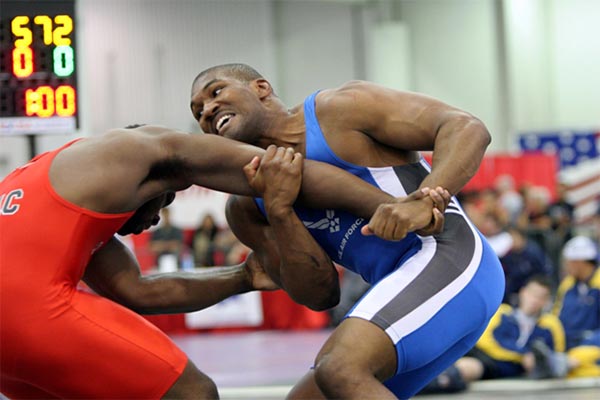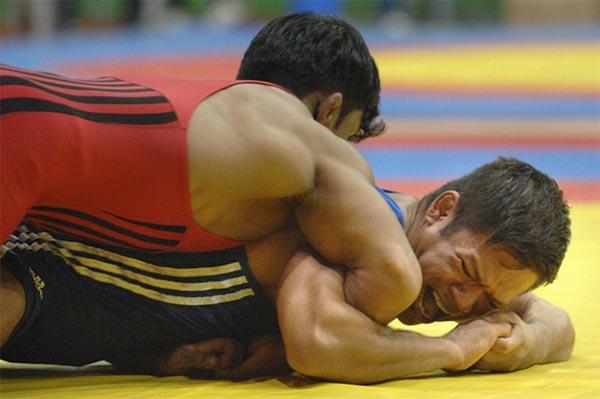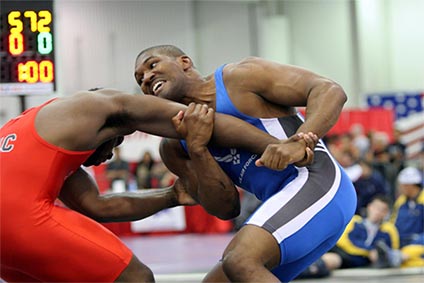
In the realm of competitive wrestling, shoulder instability poses a significant concern, potentially affecting athletes' performance and career longevity. However, the efficacy of shoulder instability surgery (SIS) in this population remains underexplored. A recent study published in the Journal of Arthroscopy by Mayo clinic colleagues and Dr. Kelechi Okoroha aims to fill this gap by analyzing reoperation rates, patient-reported outcomes, and return to wrestling (RTW) following SIS among competitive wrestlers. Through a thorough examination of a cohort spanning over two decades, this research sheds light on the outcomes and challenges associated with SIS, offering valuable insights for athletes, clinicians, and stakeholders in the wrestling community.
Study Highlights:
Patient Demographics: The study included 104 wrestlers with a average age of 16.9 years, average age at surgery was 18.9 years. All participants had shoulder instability and subsequent surgery at a single institution between 1996-2020.
Follow-up: Patients were followed for an average of 5.2 years with outcomes assessed using various measures, including ASI, PSI and RMDI (Self-reported patient outcome scores).
Positive Outcomes: RTW occurred in 57.3% of wrestlers at an average of 10 months.
Revision Rates: Revision SIS was performed in 15 (14.4%) wrestlers.
Conclusion
The study suggests competitive wrestlers with multiple dislocations before initial evaluation were 3.8 times more likely to experience postoperative recurrent instability.
For athletes wrestling with shoulder pain, orthopedic surgeon, Dr. Kelechi Okoroha offers a chance to mitigate shoulder pain and return to athletic activities.
At Mayo Clinic, located in Minneapolis, Minnesota, we are committed to providing personalized care and innovative treatments to help athletes reach their full potential. To learn more about Shoulder instability, shoulder labral tears and shoulder labral repair, schedule a consultation with Dr. Okoroha today. Seeing patients from Minneapolis, St. Paul, Plymouth, Edina, Minnetonka, Rochester and Minnesota.










